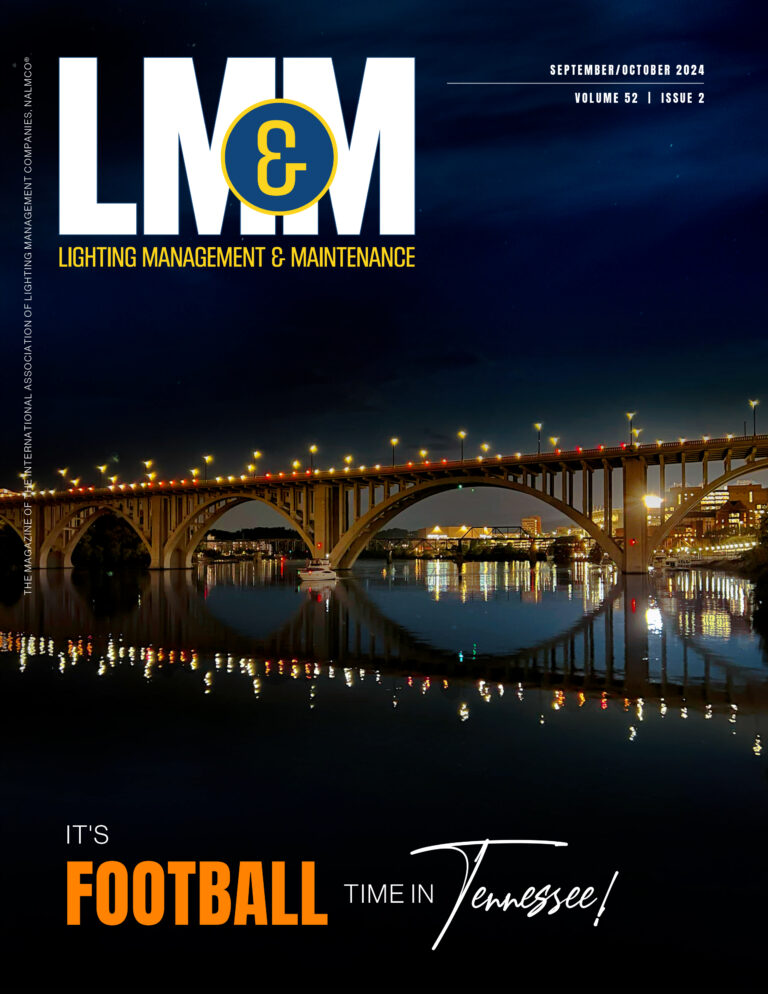The New York Section of the IES and Equity in Lighting co-hosted a panel discussion on the important topic of equity in the lighting industry on Wednesday, February 9th. Being a dear topic to me, I attended and was not disappointed. I am sure none of the other over 110 attendees felt differently.
While I was the Director of Canlyte’s, then Philips’ Lighting Concept Centre I had the pleasure of watching the class attendees go from exclusively white male to racially and gender diverse. I remember the first-time females outnumbered males in our course, sometime around 2014, and it wasn’t even close, 13 – 7.
I was also the President of the Toronto IES Section and was proud that, of the 18 people on our board during my tenure, only three of us were “old white guys”. So, I had this topic nailed. Or did I?
A lot of people think of the term “ignorance” as bad. Ignorance is simply a lack of knowledge or information. Ignorance is not the same as stupid or closed-minded, although they are often companions. I prefer to look at ignorance as an opportunity to learn, to discover, to expand. I went in hungry to learn.
The opening speaker and moderator was the brilliant Dr. Jarik Conrad, VP of Human Insights, UKG (Ultimate Kronos Group). The author of the Amazon best-seller The Fragile Mind holds a bachelor’s degree from the University of Illinois, two masters from Cornell and a Doctorate in Education from the University of North Florida. He is also a master of disarming his audience and inviting them to learn. Dr. Conrad opined that as humans we are wired for tribalism, wired to seek out those who share our interests, share our opinions, and look like us. “Humans want to feel safe. They want to escape danger.”
“We have got to find a way to overcome this giant gulf” of equity, Dr. Conrad stated before suggesting that there are “no straight lines”. However, he implored that “It doesn’t work making people feel guilty, but we have to understand history.”
There are nuances involved – for instance, if there was a movie with a predominantly south Asian cast, we may call it “that Indian movie” instead of just a “regular” movie. He said we must avoid reductionist thinking and try to not departmentalize people’s opinions due to their race, gender, sexual orientation, or any other reductionist vocabulary. “He’s just saying that because he’s Muslim,” is the type of thinking we need to avoid. Conrad attacked the problem straight on without attacking anyone or any group.
After Dr. Conrad presented his thought-provoking opening, “Where are we now and how to move forward,” he then moderated an excellent panel, which consisted of Yena Han, Senior Spec Sales Moxie Lighting, Alana Shepherd, Founding Principal of Intangible Light, Tanya Hernandez, Vice President of Government and Industry Relations, Acuity Brands, and Dominique Davis, Sr. Product Manager, Hydrel, to discuss this relevant topic.
In what can only be describe as brave dialogue, the panelists opened up to varying degrees regarding some of their experiences in dealing with being a minority in the lighting industry. Some thoughts and comments were cerebral, some were emotional – all were valuable, all were human.
Speaking with Elaine Cook, co-founder of Equity in Lighting the following day, she credited Brigid Hardiman of the Lightcraft Group and the New York Section of the IES with finding Dr. Conrad and part of the panel. The goal was to build a level of trust and curiosity, but not aggression.
Two questions from the audience and the subsequent responses really resonated. “How do I ask about your heritage?” asked one viewer. “Depends, why are you asking?” was the response from Yena Han. In thinking through this, I concluded the only time I would ask someone that wasn’t a close friend was to find out who they were rooting for at the World Cup or Olympics. Curiosity is good. Departmentalization is not.
Maybe the most succinct response to a comment came from panelist Alana Shepherd. A audience member confessed, “I’m afraid to make a mistake in asking questions or making a comment.” Shepherd quickly said, “You will. I will correct you, and then we will move on.” Openness, dialogue, and, above all, empathy were on the menu. I wanted seconds.
As Dr. Jarik Conrad mentioned in his opening to disarm and set the stage, “Being a human being is hard.”
Check here for more information on this webinar and other news from the IES New York Section. Equity in Lighting is looking for volunteers to assist with Social Media, Graphic Design, and a Treasurer. To volunteer or find out more regarding Equity in Lighting please check them out here.



